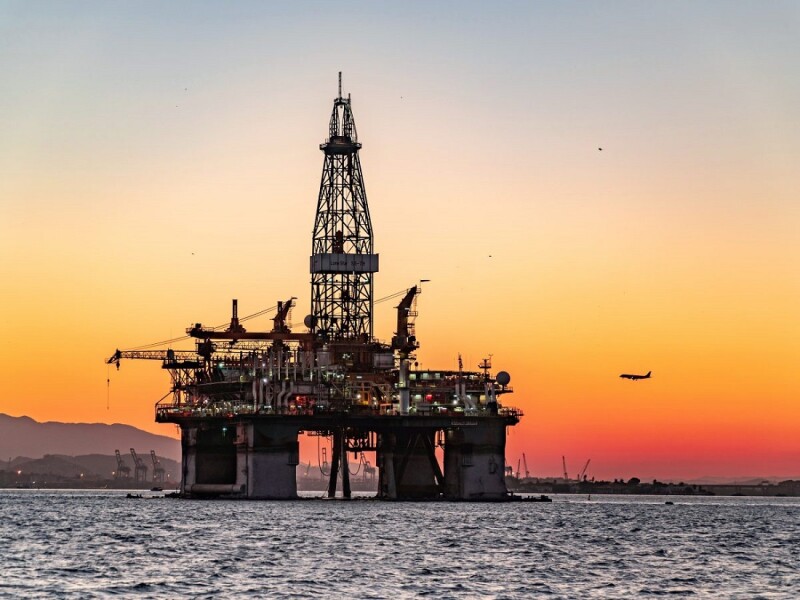So, what does the future hold for offshore energy fields? Data is the key differentiator that will allow scalable, intelligent remote-operating models to drive sustainable growth based on safe, accurate, and secure capability delivery. This is key to improving efficiency, reducing downtime, making the decision-making process instantaneous, and enhancing yearly planning for assets.
In 1950, the technological requirements of a commercial airline amounted to five people sitting up front in the cockpit, piloting, communicating, and operating advanced technology.
Modern-day digitalization has seen multiple advances in streamlining the references required to pilot, communicate, and operate tomorrow’s differentiating operating models became today’s essential requirements, leaving most of us in yesterday’s landscape.
This year, we have witnessed an autonomously operated spaceship taking civilians to the International Space Station. We now need to think, interact, and execute, transcending the boundaries of conventional expert disciplines.
Interoperability requires scalability, built on commonality, forming the cornerstone approach for any remote operation center (ROC). ROCs harness technology to ensure safe, reliable operations from a centralized location, away from the remote site where the actual work is executed.
Remote capabilities help critical industries manage assets, systems, and data from anywhere globally, resulting in
- Centralized monitoring of distant and dispersed remote assets
- Lights-out operation of distant facilities (switch-over capability)
- Mobile controls and expert collaboration for proactive activities support
- Anytime/anywhere access to expertise to aid in reactive activities backing
Autonomous geodata acquisition, cloud analytics, and impactful advice are no longer ideas; it is time to start making the ideas count. However, as with much of today’s conversation, the main limitations lie in power systems, emissions, and safety.
How do we assure that these systems can operate safely, reduce the impact of their operations on the environment and ensure that they have sufficient power to stay in the field for extended periods?
Solutions are already being worked on to answer these questions. Most major governing bodies worldwide have teams of experts rewriting the rule books to change how we think about assurance. By taking people out of the most dangerous environments currently required of them, safety no longer becomes a question. It also removes the cause of most accidents at the source, doubling down on the safety bonus.

